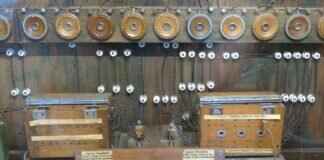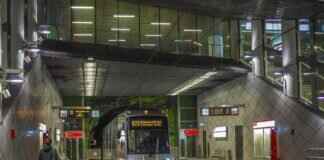So, like, George Santos, the former U.S. Rep, who totally lied about his life and scammed donors, is getting sentenced in federal court this Friday. The New York Republican, who only served in Congress for, like, a year before getting kicked out in 2023, admitted last summer to, like, scamming people and stealing their identities to get money for his campaign.
He’s agreed to pay, like, $580,000 in fines and go to prison as part of a deal. The 36-year-old told The Associated Press he’s just accepting his fate and will be in court tomorrow to face the music.
Prosecutors want him in prison for seven years, saying he’s not really sorry for what he did. Santos claims he’s really sorry but thinks the punishment is too harsh. His lawyers are asking for only two years, which is the least he can get for identity theft.
He got elected in 2022 by lying about being rich and successful, when he was actually broke. Now, as he’s about to get sentenced, he’s all reflective on social media, thanking everyone for their support and hate alike.
He even plugged his Cameo account, where he records videos for $100, at the end of his post. Gotta hustle, right?














